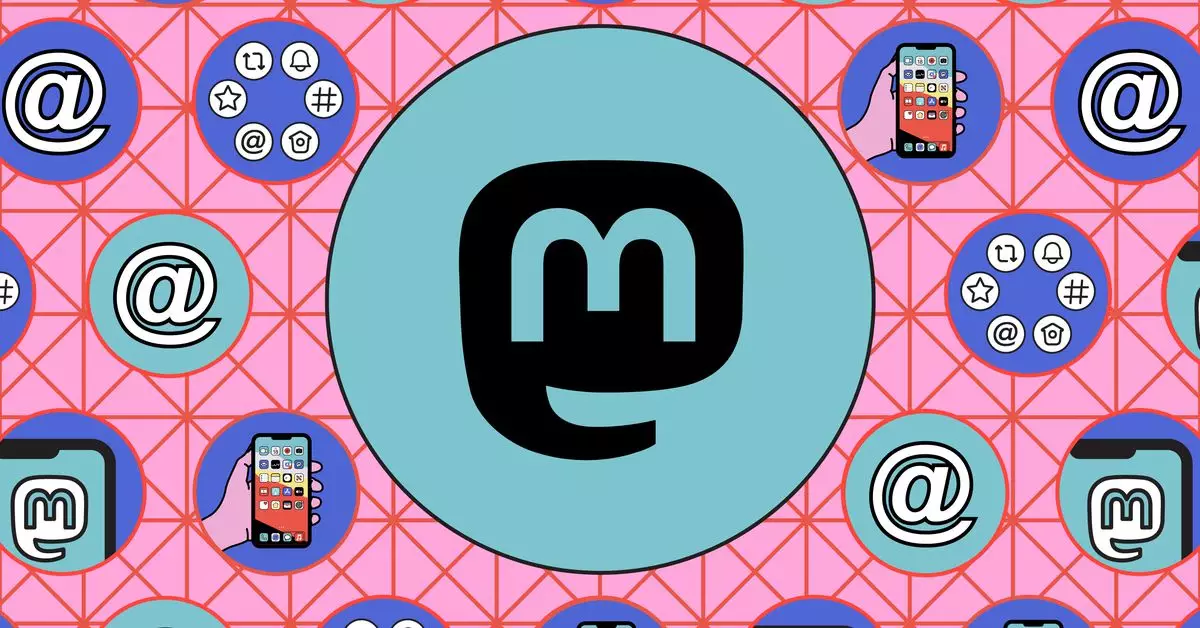In a bold move signaling a shift towards decentralization, Mastodon, a prominent decentralized social networking platform, has made headlines recently by announcing the transition of its ownership to a newly established nonprofit organization. This decision diverges sharply from the top-down control exemplified by other major social media platforms, notably those run by influential figures like Mark Zuckerberg of Meta and Elon Musk of X. This change underscores a growing recognition of the need for social media entities that prioritize community ownership and governance over individual control.
Restoring Foundational Principles
Mastodon’s CEO and founder, Eugen Rochko, has articulated a vision that aligns with the platform’s foundational principles—specifically, the intent for Mastodon to remain free from control by a singular individual or corporate entity. The lack of a centralized authority is crucial in fostering an environment where users can engage without the burdens of monetization, invasive data collection, or complex algorithmic manipulation, issues that have plagued conventional platforms. The transition will allow Rochko to shift focus towards product strategy while ensuring that Mastodon remains true to its original ideals.
The complete details related to the new nonprofit organization, including its precise location in Europe, are still being finalized. Historically, Mastodon operated as a nonprofit in Germany until its charitable status was revoked last year. This new structure aims to solidify the community-led aspect of the platform, creating an organization that can innovate and respond to user needs without the constraints of profit-driven motives. In essence, this transition is a corrective measure to realign with the vision Rochko held when he initially launched Mastodon in 2016.
For existing users of Mastodon, this ownership shift is not expected to disrupt the day-to-day experience. The platform will continue its operations, maintaining popular servers such as mastodon.social and mastodon.online. Development teams will persist in their efforts to refine the platform, signaling that while there will be strategic shifts in leadership and governance, the commitment to user experience remains steadfast. The continuance of the federated network exemplifies a long-standing dedication to enabling diverse community interactions.
Mastodon’s announcement comes during a noteworthy period for social media, marked by significant controversies involving major platforms. As litigation and internal discord overshadow the direction of giants like Meta and the WordPress community, Mastodon’s decision emphasizes the importance of accountability and community-centric models in the digital space. By reaffirming its commitment to empowering users and mitigating issues endemic to traditional social networks, Mastodon positions itself as a forerunner in the quest for ethical social media practices in an era increasingly defined by corporate control.
Mastodon’s transition to a nonprofit organization represents a crucial moment for decentralized social networking. By prioritizing community governance and striving for a platform free from monopolistic tendencies, Mastodon is not just reshaping its own future, but also setting a precedent for how social media can evolve in a rapidly changing digital landscape.

